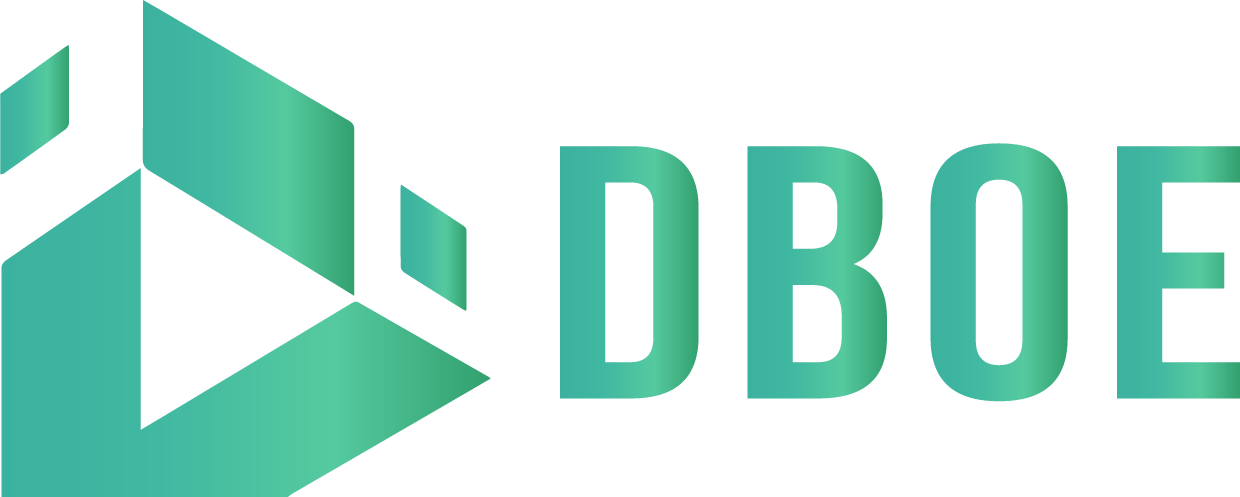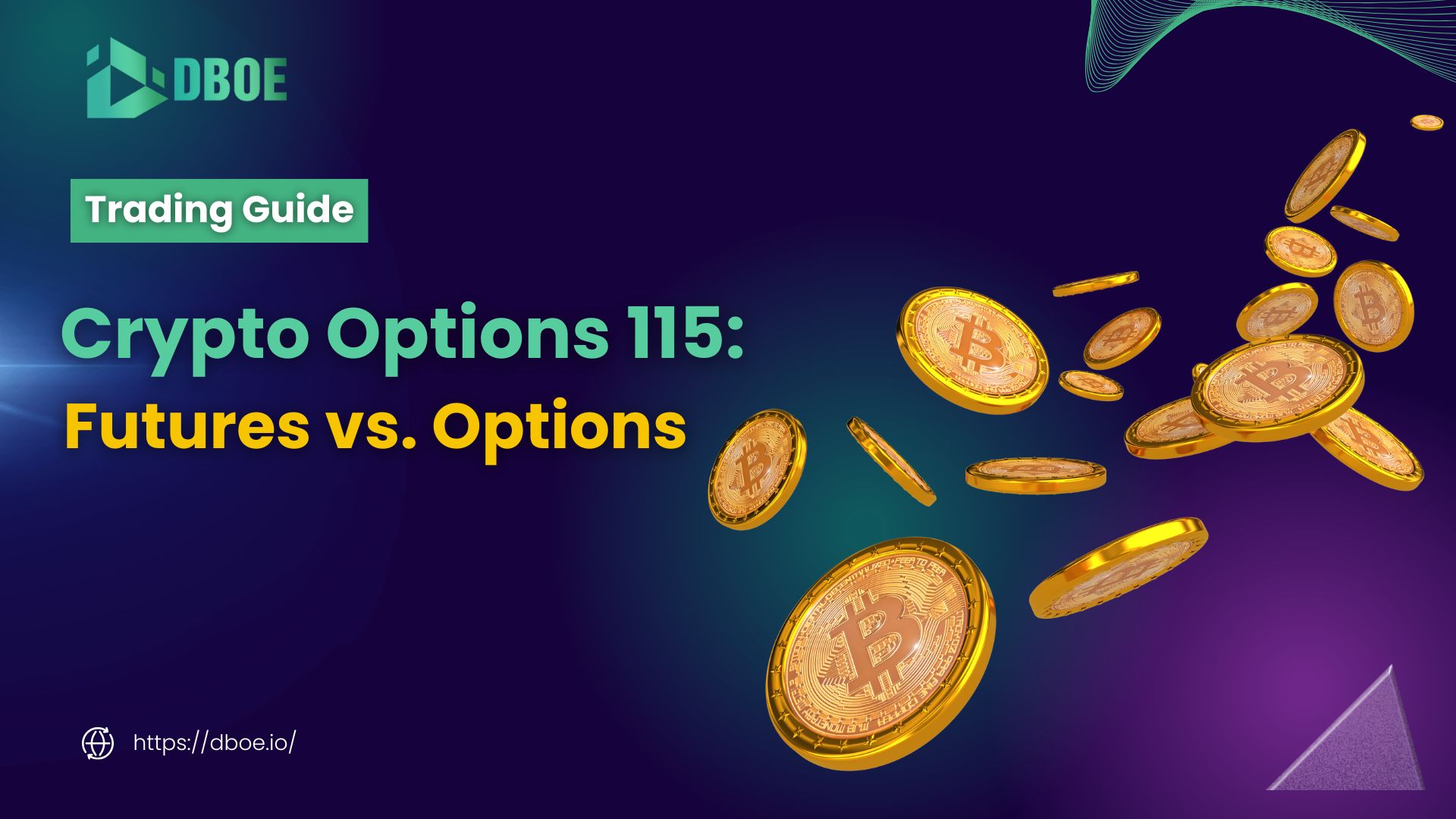Futures vs Options: Pros and Cons
In recent years, derivatives in the crypto world have surged in popularity, with futures and options emerging as two of the hottest trading tools. Futures contracts allow traders to speculate on future price movements, while options offer strategic flexibility for managing risk and capitalizing on market trends. Both are shaping the landscape of crypto trading with their unique opportunities and complexities.
What are Futures?
Futures trading involves two parties agreeing to buy or sell a specific underlying asset at a predetermined price at a specified time in the future. While spot trading allows parties to deal with immediate transactions at current market price, on the other hand, futures allow users to speculate on price movements, which can create significant opportunities for massive gains but also carries a high risk of being liquidated.
In a futures contract, both parties are obligated to fulfill the terms at expiration regardless of market conditions. Futures contracts are usually used combining with leverage to control large positions with low capital, increasing potential profits but also risks. This method is usually applied for those looking to hedge against price fluctuations or capitalize on market trends without holding the actual asset.
When you enter a futures contract, you are obligated to buy or sell a specific amount of the crypto at a fixed price on a future date regardless of the market. This could be done for speculative purposes or hedge against the price of the underlying asset.
What about Options?
Options is a financial derivative which can give the buyer the right but not the obligation to buy or sell an asset at a predetermined price within an agreed period of time. Options are mostly used for hedging and insurance as it’s quite similar to futures but can reduce risk and increase flexibility if it’s used wisely.
There are 2 (two) types of options:
Call options: Gives the buyer the right, but not obligation, to buy an asset at a specified price at the contract’s expiration date.
Put options: Gives the buyer the right, but not obligation, to sell an asset at a specified price at the contract’s expiration date.
Options contracts allow investors to speculate on price movements without the obligation to proceed the trade if the market isn’t moving in their favor. The value of an option, also known as the premium, is determined by the underlying asset’s current market price to the strike price and the time remaining until expiration.
Pros and Cons of Futures and Options
In the volatile world of cryptocurrency trading, futures and options each have their place. Futures are ideal for short-term trading, allowing traders to capitalize on immediate price movements with the potential for significant gains or losses. However, their high risk and complexity can be daunting.
Options, on the other hand, shine for long-term strategies. It provides flexibility by allowing traders to speculate on price movements with limited risk, as the maximum loss for buyers is confined to the premium paid. This makes options a superior choice for those looking to manage risk while navigating market volatility. With their strategic benefits and ability to hedge over longer periods, options offer a more controlled and adaptable approach compared to futures.
However selling options can lead to a diverse outcome as options sellers (writers) will have to face unlimited risk with a limited potential return. Furthermore, options can be harder to approach when most existing crypto exchanges tend to require a high capital to start selling options, even up to millions of USDT.
Knowing these particular disadvantages, DBOE has developed alternative solutions in order to help newcomers approach options with ease, while also fit with traditional stock investors and higher level of crypto options users:
- CLOB (On – chain Order Book): TradFi-friendly, ensure transparency and fairness, increase security.
- Unique Options Price Range instead of a single Strike Price: Help investors to manage their risk more effectively.
- Comprehensive Options Listing: Besides listing options for the largest crypto markets such as Bitcoin (BTC), Ethereum (ETH), and BNB, DBOE has expanded its offerings to become one of only two exchanges providing SOL options and the only exchange offering LINK options.
- Lowest requirements: Investors can start buy and sell their options from just $0.5
Start your options trading journey with DBOE today at: https://dboe.exchange/
or https://download.dboe.exchange/ on mobile.
Add one more CTA link to our Telegram and Discord group.
Disclaimer: The information in this article is not intended as investment advice. Cryptocurrency investment activities are not legally recognized or protected in some countries. Cryptocurrencies always involve financial risks.





